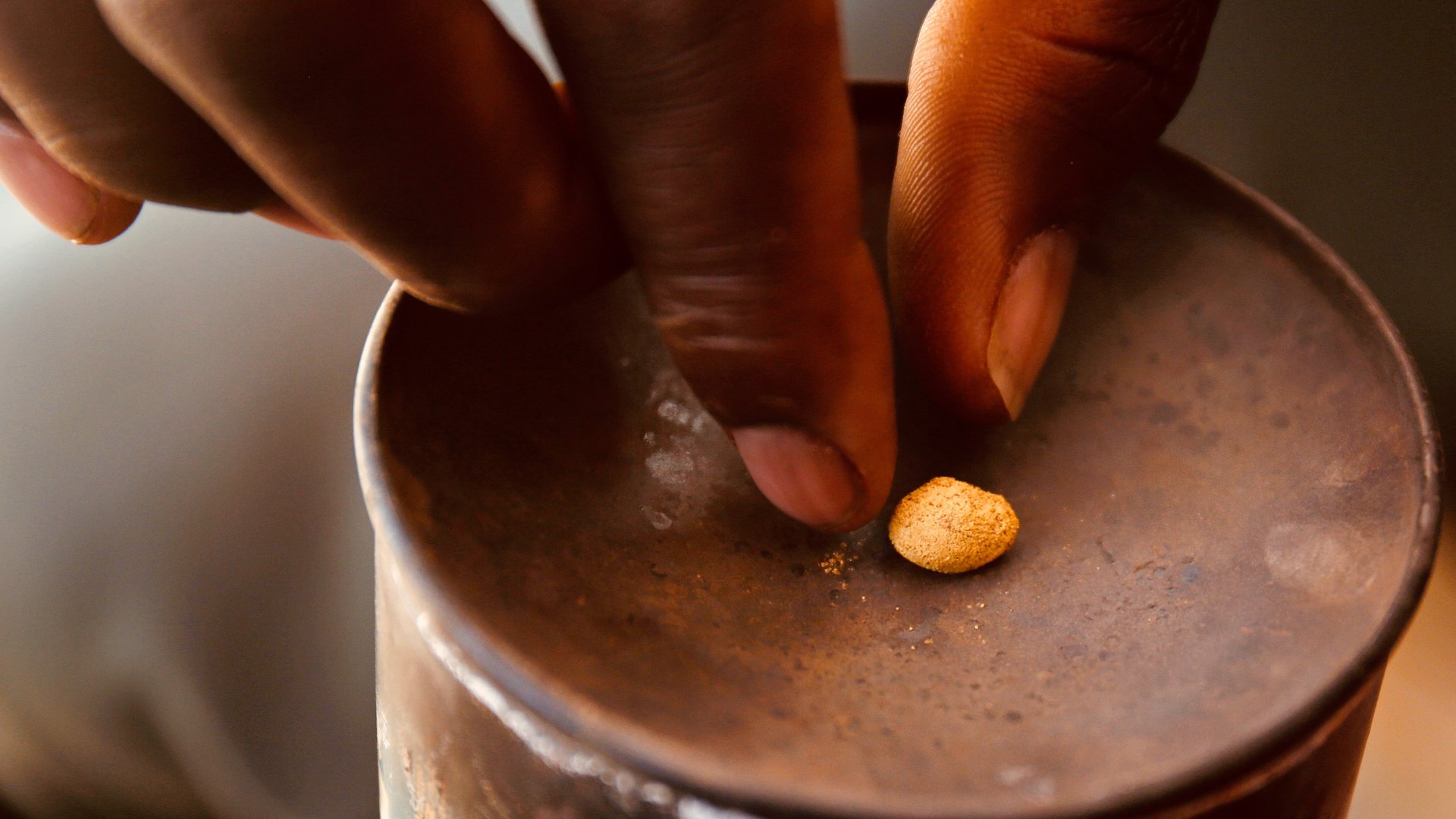Gold smugglers are swindling billions of dollars from African nations
Africa is a gold mine, literally. The continent exports tens of billions of dollars worth of the precious metal annually from 46 countries, and much of the activity is legal. But not all of it is, and smuggling is reportedly costing African nations dearly in lost taxes.


Africa is a gold mine, literally. The continent exports tens of billions of dollars worth of the precious metal annually from 46 countries, and much of the activity is legal. But not all of it is, and smuggling is reportedly costing African nations dearly in lost taxes.
Artisanal mining, or small-scale gold collection by individuals, has become a booming business throughout the continent. As Quartz‘s Lynsey Chutel reported last year, it’s one of the few ways that individual Africans directly benefit from the land’s vast natural resources.
But locals aren’t the only ones profiting from the gold rush. Artisanal mining is so lucrative, in fact, that criminal enterprises controlled by foreigners have been taking over the mostly unregulated cottage industry, Ghanaian president Nana Akufo-Addo told a mining conference in February. Ghana is Africa’s second-largest gold producer after Libya.
According to a new analysis by Reuters, this turn of events has led to increased underground gold production and smuggling that’s costing African governments billions of dollars in unpaid taxes. The publication compared import and export data to reach this conclusion, looking at 2016 figures provided to Comtrade, the United Nations’ international trade statistics database, and focusing on the United Arab Emirates (UAE), which that year was the largest African gold importer in the world, followed by China and Switzerland. It found that UAE’s African gold imports far exceeded declared exports out of the continent.
The UAE reported gold imports from 46 African countries for 2016, totaling more than $15 billion. Of the countries that exported to UAE, 25 did not submit information to Comtrade, but UAE submissions indicate that they accounted for about $7.4 billion worth of gold imports. Notably, the 21 nations in Africa that did submit export data to Comtrade reported much lower figures than the UAE’s import data. The UAE reported $3.9 billion more in gold imports than the 21 countries said they shipped, amounting to about 67 tonnes of the precious metal.
The gap between import and export data is good indication of illegal activity, economists say. “There is a lot of gold leaving Africa without being captured in our records,” Frank Mugyenyi, a senior adviser on industrial development at the African Union, told Reuters. “UAE is cashing in on the unregulated environment in Africa.”
Smuggling isn’t the only problem with artisanal mining. In 2015, Human Rights Watch warned that international gold refiners may be “benefitting from hazardous child labor in unlicensed mines” in Ghana, calling the gold supply chain “tainted” by human rights violations.
The cottage industry also been criticized for causing environmental damage and being harmful to human health. To separate gold from ore, the miners often use mercury, a highly toxic chemical. Exposure to elemental mercury can cause disability, kidney failure and speech, sight and cognitive impairment.
The World Health Organization estimates about 54 million Africans across the continent depend on artisanal mining for their livelihoods. “Small scale gold mining is a crucial source of income for millions of Africans, but it is often dangerous, damaging, and in the worst cases, deadly, for artisanal miners,” Magaran Bagayoko of the WHO’s Regional Office for Africa said in a statement in November.
Despite the dangers, artisanal mining is important to African economies and to individuals involved. It’s an industry fraught with problems but it’s not going away anytime soon and it has upsides, too. According to Australian photographer Hugh Brown, who spent years documenting artisanal mining in 16 locations in Africa, the practice has spawned robust micro-economies in areas the global economy hasn’t reached. As he told Quartz last year, ”I’m not disputing that there are complex issues involved, but we must also recognize the benefits this sector brings.”
Sign up to the Quartz Africa Weekly Brief here for news and analysis on African business, tech and innovation in your inbox